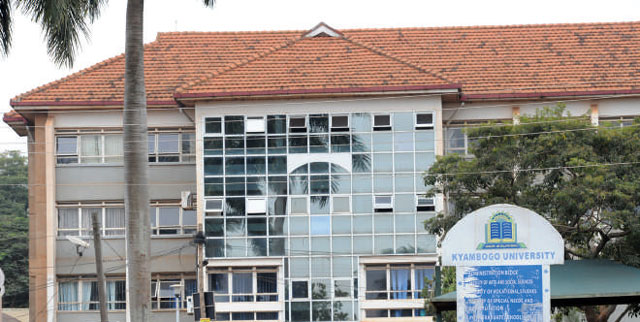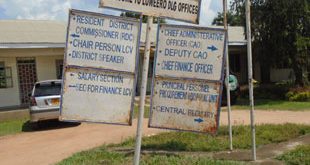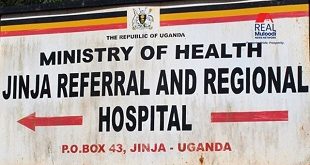
Kampala, Uganda | THE INDEPENDENT | Educationists have welcomed a move by Kyambogo University to introduce a Bachelor’s Degree programme in Primary Education. They are optimistic that the programme will improve professionalism and efficiency among primary school teachers.
Teacher education in Uganda is delivered mainly through primary and national teacher colleges (PTCs and NTCs). However, most of the graduates from the institutions possess Grade III Certificates and Diploma in Education.
The shortfall, coupled with complaints on the quality of teachers, informed the introduction of the new programme; Degree of Education Primary (External), which Kyambogo University will offer through PTCs across the country. The initial enrollment has attracted 147 in-service teachers at Jinja Primary Teachers College – Wanyange.
This programme according to the Kyambogo Vice Chancellor Prof. Elli Katunguka Rwakishaya has been a yearned for by teachers with Diploma’s who needed to upgrade their academic qualifications.
Dunstan Frank Balyesiima, the team Leader of the Kyambogo University Distance Learning Centres discloses that the programme has already been rolled out to eight (8) PTCs across the country.
These include St. John Bosco Core Primary Teachers College Lodonga in Moyo district, Busubizi PTC in Mityana District, Canon Lawrence PTC Boroboro in Lira, Bushenyi Kyambogo Learning Centre, Loro core PTC in Oyam, Kamurasi PTC, Masindi and Sancta Maria Primary Teachers College in Nkokonjeru – Buikwe District.
In 2016, the government, through the Ministry of Education and Sports, introduced a policy where head teachers of Primary Schools were required to possess a Bachelor’s degree qualification. This directive saw majority primary school head teachers absent from their duty station in a bid to upgrade, from Grade Three to degree holders.
Jinja District Education Officer (DEO), Paul Baliraine says many Primary School teachers have since been running without head teachers due to lack of qualifications as per the Ministry’s requirement.
“Many of them, in order to acquire degrees, have been seeking for ‘leave with pay’ and yet we have staff ceiling. Every school is supposed to have a particular number of teachers depending on enrollment,” Baliraine said in an interview with URN.
Baliraine contends that this development comes to help Primary Schools to have administrators since Head teachers and their deputies are required to have related degrees.
Ssempala Sebastian, a Senior Education Officer in the Ministry of Education applauded Kyambogo for implementing some of the recommendations of the ‘Teachers Initiative in Sub-Saharan Africa (TISSA)’ study which was conducted by UNESCO in 2013. The TISSA report called for a number of reforms to ensure that the country gets quality teachers.
He says entry and promotional requirements went up because of the need for quality teachers in the country.
The study established for instance that teacher promotion and professional recognition remain the main factors of teacher satisfaction, after salary. Upward mobility within sub sectors is particularly slack, especially for primary teachers which represent the bulk of the teaching force (80 percent).
****
URN
 The Independent Uganda: You get the Truth we Pay the Price
The Independent Uganda: You get the Truth we Pay the Price



GREAT